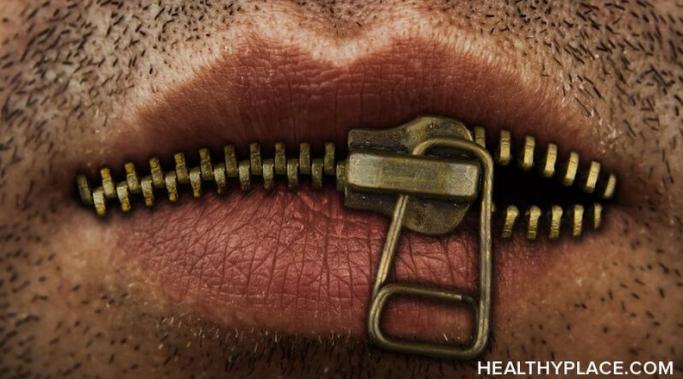Blogs
Of course, we all want teachers to know how to explain basic math, geography and English skills to our children. But wouldn’t it be wonderful if they could also offer up some wisdom on what common psychiatric disorders consist of, and how kids can better educate themselves on how to deal with them? Both in themselves and in their classmates?
I recently participated in a wonderful panel called "Self-Stigma Solutions" alongside three people who live not only with mental illness but also with the mental health stigma that comes along for the ride - both external stigma and internal self-stigma. Each person shared the messages they heard, once diagnosed:
"your life is over"
"you'll never amount to anything now"
"you'll never have friends"
"you may as well just give up"
Psychiatric treatment is plagued by budget cuts and bed shortages. For example, Indianapolis has only seven beds for emergency psychiatric care for the indigent.
In this video, I talk about why federal and state budget cuts and bed shortages are harmful and even deadly to people with Borderline Personality Disorder and other mental illnesses.
Christie Stewart
If you pick up a book, or look up a website to read the facts about self-injury; you will often find that it is almost always linked to Borderline Personality Disorder. That's because people with BPD often act impulsively in a self-destructive way - generally through alcohol abuse, drug abuse, promiscuity, over spending and gambling or self-injury.
If you've survived a type of trauma and are now in some form of recovery from its effects, chances are you're movingatwarpspeed. You could probably win the Indie 500 with little to no practice just by sitting still.
Decisions, actions, behaviors, thoughts and emotions can all seem amped up when you live with anxiety, fear, panic and hypervigilance.
Addiction has been featured in the movies since the 1936 film "Reefer Madness." Many of these films serve as entertainment however there are those that can educate viewers as well. The key is that they can open a dialogue that can serve to break the stigma that surrounds addiction.
We have heard this before: Mental Illness is an invisible disability. But I beg to differ. When my world crashes and burns, when the winter steals away my stability and I am hiding within the walls of my home and cannot figure out how to eat or sleep, I'm pretty sure my mental illness is not invisible. In fact, I feel like I am wearing a large sign: "I have bipolar disorder and am currently depressed. PLEASE LEAVE ME ALONE." Mental illness disabilities aren't always invisible.
Violet is ready to leave her abusive husband - almost. She struggles with what-ifs, but I sense she has one foot out the door already. She asked in her comment,
"I think about him meeting someone else; what if he is good to her? Does that make her better than me? I know someone else addressed this, but it is a real fear of mine. Am I making him act this way?"
One of the dumbest things I’ve ever heard is of doctors not giving their patients their diagnoses. That’s right – the patient sees the doctor, the doctor does a full assessment, the doctor reaches a conclusion, but keeps it a big secret like an upcoming birthday party.
This is an example of parental doctoring and completely insults the patient.
Learn how to choose to live a happier lifestyle that increases your confidence and healthy with 6 simple steps that you can practice now.





![MP900432989[1]](/sites/default/files/styles/blog_listing/public/uploads/2012/09/MP9004329891-682x1024.jpg?itok=NpPW8BSS)
